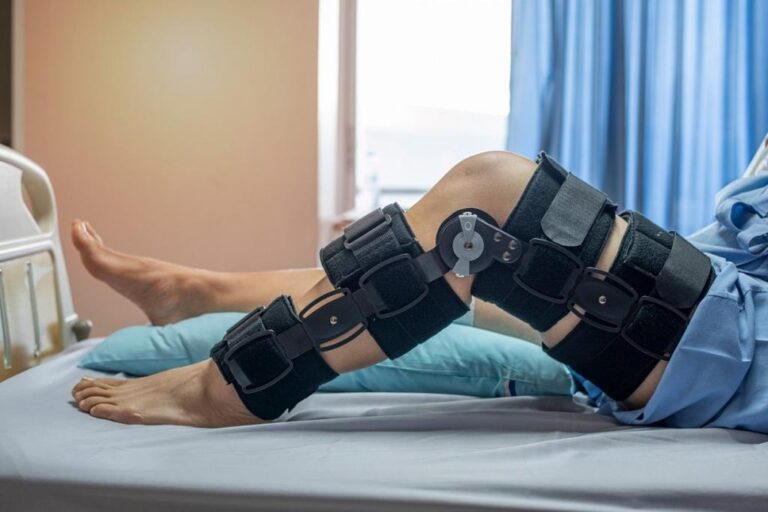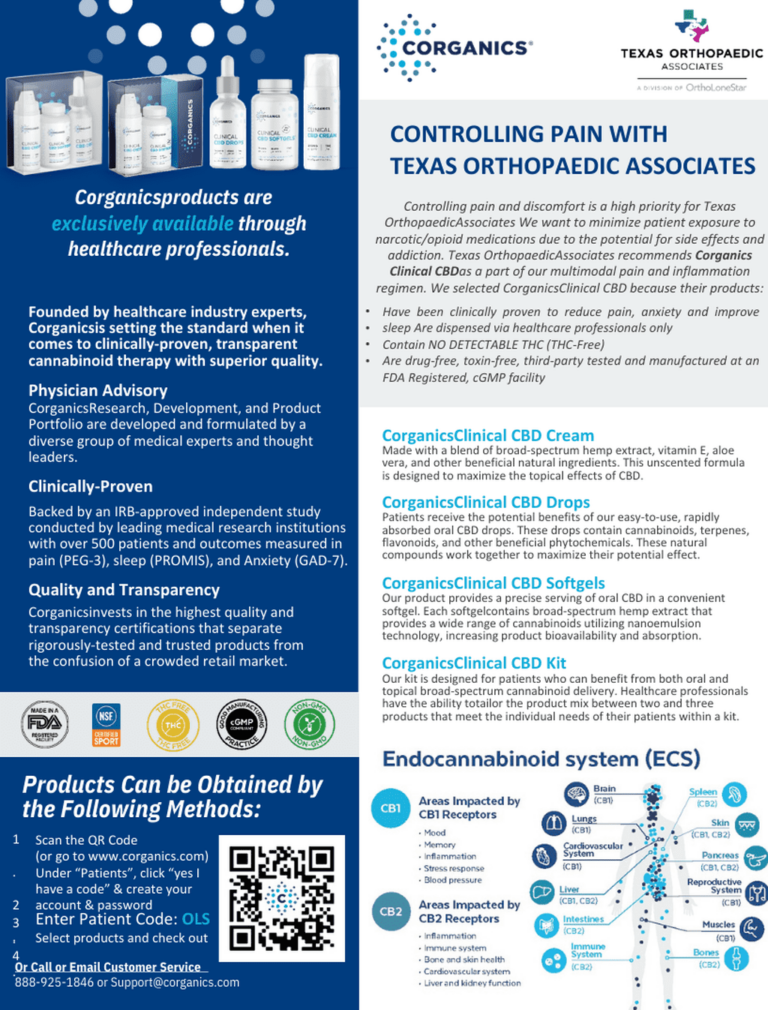Disc problems are relatively common causes of back and neck pain, and often, these issues can be treated conservatively. But when conservative treatments don’t work, artificial disc replacement surgery can be a good alternative.
Texas Orthopaedic Associates is a top-ranked provider of disc replacement surgery for patients in Dallas, Plano, Keller, Weatherford, and Fort Worth, Texas. In this post, learn what disc replacement surgery does and when the surgery is typically recommended.
Disc replacement surgery 101
Disc replacement surgery focuses on removing a damaged disc and inserting an artificial disc in its place. There are different types of artificial discs, and each is designed to approximate the function of a natural disc, helping your spine stay flexible and relieving painful symptoms.
During the procedure, the surgeon makes an incision to access the disc. The incision may be made on your back or the back of your neck or, commonly, made through an incision on the front side of your body (like your lower abdomen).
Your nerves, blood vessels, and other tissues are gently moved aside to provide access to the disc. Once the damaged disc is removed, the surgeon inserts the artificial disc and secures it before closing the incision.
After surgery, you undergo physical therapy to facilitate healing and restore normal spine function and mobility. It’s important to stick with your therapy program to ensure you enjoy the fastest recovery and the best results.
When it’s time to consider surgery
Prior to recommending surgery, our team reviews your medical history and symptoms and performs a thorough exam. Here are four signs that might mean it’s time to consider disc replacement surgery.
1. Conservative options aren’t working
Pain medicine, physical therapy, lifestyle changes, and other conservative options typically are the first line of treatment for back or neck pain. If these methods don’t help, surgery might be a better option.
2. You have degenerative disc disease
Degenerative disc disease is a condition that typically develops when the discs lose moisture and resiliency, typically as a result of aging, repetitive spine movements, or both. Over time, the discs can no longer protect the vertebrae, nor can they support normal spine flexibility. The result is chronic, often increasing pain, along with potential nerve damage.
3. You have a badly damaged or herniated disc
Herniated discs are discs that have become pinched or compressed by the vertebrae and are leaking some of their internal materials as a result. Sometimes, discs are completely torn, and disc fragments cause significant pain that can radiate into your arms or legs.
In severe cases, balance, coordination, or bowel or bladder function can be compromised. Disc replacement surgery is often the best choice in these instances.
4. You’re a good candidate for the surgery
Disc replacement is major surgery, and it’s not ideal for everyone. Prior to surgery, you need to be medically cleared, and you may need additional specialty evaluations, like a heart health evaluation, to ensure you’re healthy enough for anesthesia and for the surgery itself.
If you have osteoporosis, scoliosis, prior major spine surgery, or obesity, you’re probably not a good candidate for artificial disc replacement.
Learn more about artificial disc replacement surgery
Disc replacement surgery can be an excellent option for many people with disc-related spine pain, relieving symptoms while helping maintain normal spine function and flexibility. To find out more about this state-of-the-art surgery, book an appointment online or over the phone at Texas Orthopaedic Associates today.













